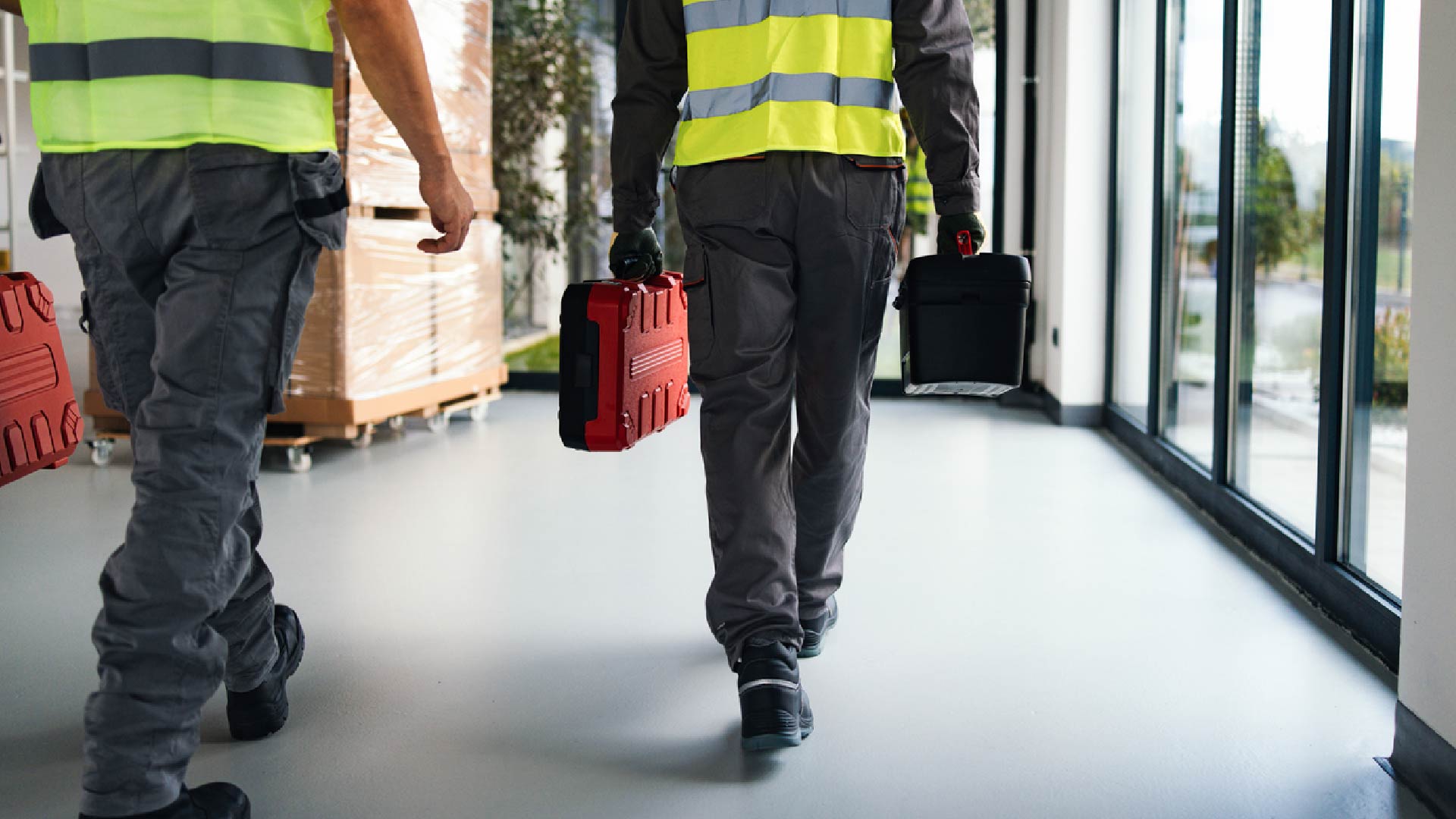Revolutionizing Aerospace Maintenance With Predictive Analytics
The aerospace industry faces immense pressure to ensure the safety and reliability of aircraft. For example, the Federal Aviation Association ordered Boeing to ground 171 planes for inspection in early 2024 after a cabin panel broke off mid-flight, costing an estimated $20 billion in fines, compensation and legal fees, with indirect losses of more than $60 billion from 1,200 cancelled orders. The complexity of modern aircraft, combined with stringent safety regulations, makes aerospace maintenance a high-stakes task compared with other industries. Every minute a plane is grounded costs airlines substantial revenue, making the need for predictive maintenance more critical than ever.
Predictive maintenance powered by AI allows aerospace firms to anticipate potential failures by analysing real-time data collected from aircraft sensors. It doesn't stop at just preventing equipment failures – predictive maintenance has the potential to transform other aspect of maintenance operations. For example, inventory management can be enhanced by predicting parts and tools needed for upcoming repairs, ensuring the right components are available at the right time. Scheduling repairs and inspections can also become more efficient, reducing downtime and allowing for more strategic use of resources. By integrating these systems with supply chain data, airlines can better manage inventory costs and prevent delays caused by missing parts.
GE Aviation’s FlightPulse app uses machine learning models to monitor engine performance data in real time, alerting maintenance teams to potential issues before they escalate, reducing unscheduled repairs. Rolls-Royce’s TotalCare service utilizes IoT sensors to continuously collect data from aircraft engines, predicting when maintenance is necessary to avoid unexpected failures. Similarly, Airbus’s Skywise, developed in partnership with Palantir, leverages data analytics to improve aircraft operations. Airlines such as easyJet and Delta Air Lines have seen tangible results, with easyJet avoiding 35 technical cancellations in August 2022 and Delta mitigating more than 2,000 operational disruptions in its first year of using Skywise.
What sets aerospace apart from other industries is the intense regulatory environment and the complexity of managing global fleets. Aircraft are intricate machines with strict safety requirements, where even minor issues can have severe consequences. Unlike industries such as automotive or manufacturing, aerospace assets are constantly in motion, often operating across different regions and climates. This requires not only real-time data monitoring but also advanced predictive tools to maintain high safety standards while minimizing costly downtime. As AI and predictive maintenance continue to evolve, they will be essential in ensuring aerospace firms can balance safety and efficiency in this demanding landscape.
For more information on predictive maintenance and asset performance management solutions and services, check out the following Verdantix reports: Green Quadrant: Asset Performance Management Solutions 2024, Business Case: Asset Maintenance Solutions, Green Quadrant: Industrial Asset Management Technology Implementation Services 2024
About The Author

Henry Kirkman
Industry Analyst





